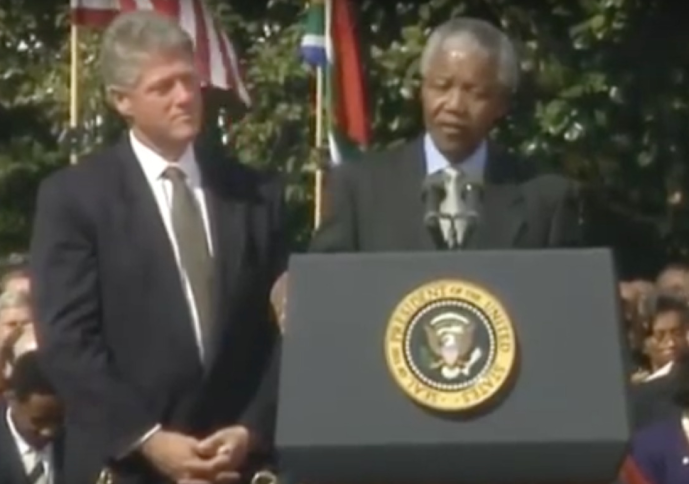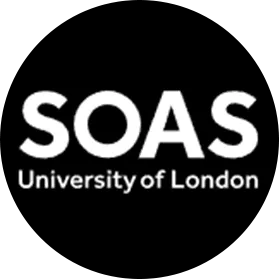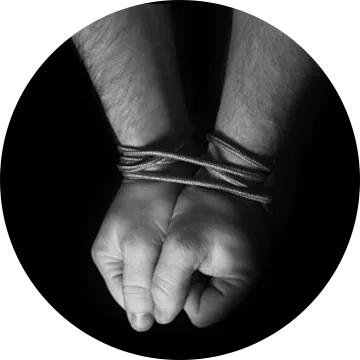Nelson Mandela (Madiba)
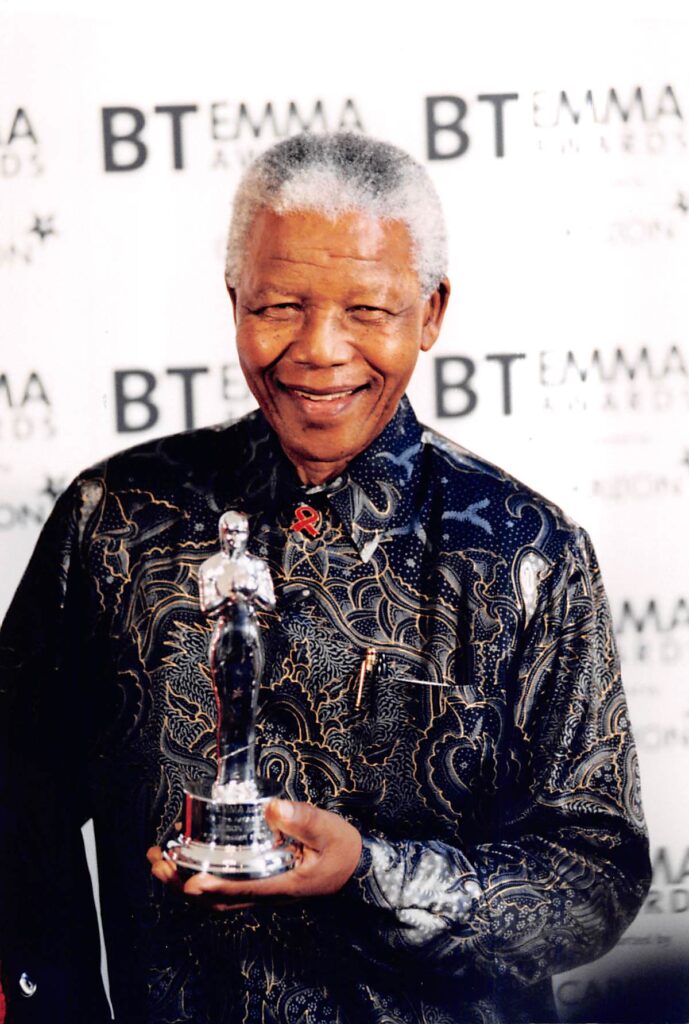
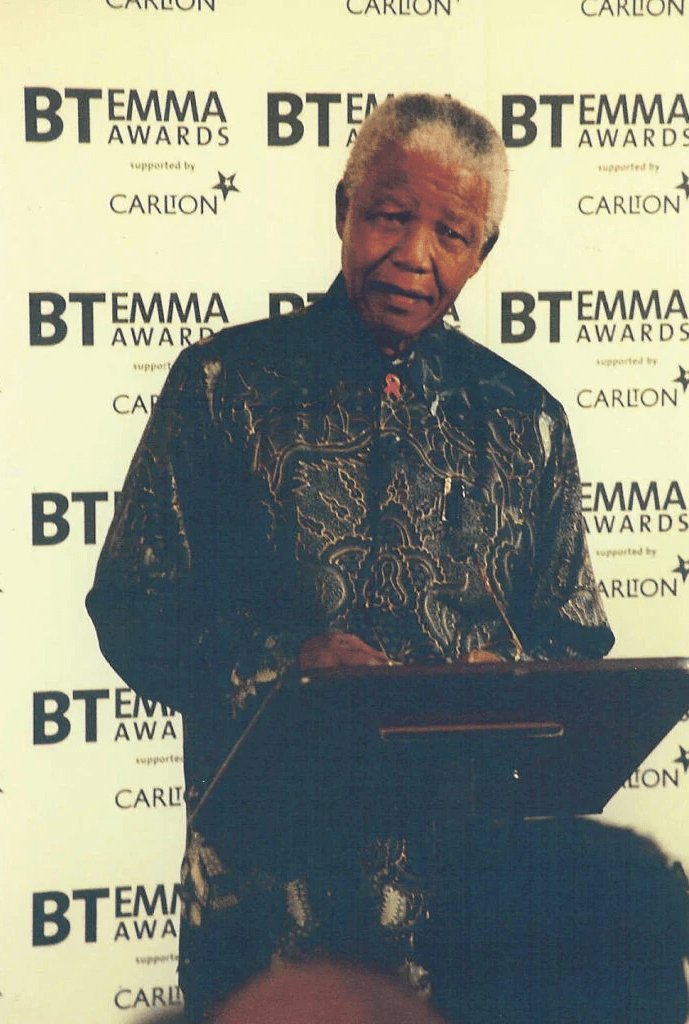
Since winning the EMMA Award (Lifetime Achievement)
Nelson Mandela, aka Madiba, is the first President of South Africa after Apartheid regime was disbanded, from his Anti-Apartheid campaign and political work. He became a founding member of the Elders, a group of international leaders established in 2007 to promote conflict resolution and problem solving worldwide.
In 2009, his 18th July birthday was officially named ‘Nelson Mandela Day’. Since then, people around the world honour his legacy on that day by helping their communities and making the world a better place.
Nelson Mandela’s autobiography was made into a film titled Mandela: Long Walk to Freedom, which was released in 2013 and stars actor Idris Elba as Nelson Mandela.
After suffering from a prolonged respiratory infection, Nelson sadly died on 5th December 2013 at the age of 95. Following his death, 14 locations within South Africa were collectively designated a UNESCO World Heritage site in 2024.
These include the Great Place at Mqhekezweni, the epicenter of the 1976 Soweto Uprising, and the Union Buildings in Pretoria, which were symbolic of Mandela’s life and the country’s struggle for human rights and liberation.
Nelson Mandela continues to be an important figure around the world as a symbol of peace and equality, as he brought both of those to South Africa and led the fight for human rights.
Background (Before 2000)
Rolihlahla (Nelson) Mandela was born in the village of Mvezo in Umtata, then part of South Africa’s Cape Province, and was part of the Thembu royal family in Mvezo, in South Africa.
Nelson’s primary school teacher, Miss Mdingane, gave him the name Nelson in accordance with the custom of giving all schoolchildren Christian names.
In 1944, Nelson joined the African National Congress (ANC), a political group that strived for equal rights for whites and blacks. He became an important figure in the ANC as he set up and led a section for young people called the ANC Youth League.
Nelson later travelled the country to gain support for non-violent protests against the National Party’s racist laws but was later arrested for treason several times. While he was under arrest in the late 1950s, the government banned anti-apartheid groups such as the ANC.
In 1961, Nelson and other ANC leaders formed a secret military group called Umkhonto we Sizwe, or Spear of the Nation.
In August 1962, Nelson was arrested on his return from a trip to Algeria in Northern Africa and he stayed in prison until his release in 1990.
In 1991, he became President of the ANC and worked with FW de Klerk to harmoniously end apartheid and introduce equal rights for everyone. Their work towards making South Africa a more peaceful place won the pair the Nobel Peace Prize in 1993.
In 1999, Mandela retired from active politics as president. That same year, he founded the Nelson Mandela Foundation, an organisation that promotes the principles of equality, freedom, and peace.
However, in 2000, he came out of retirement to receive his EMMA Lifetime Achievement honour in London, and he re-engaged with many social and political issues to promote global peace.
